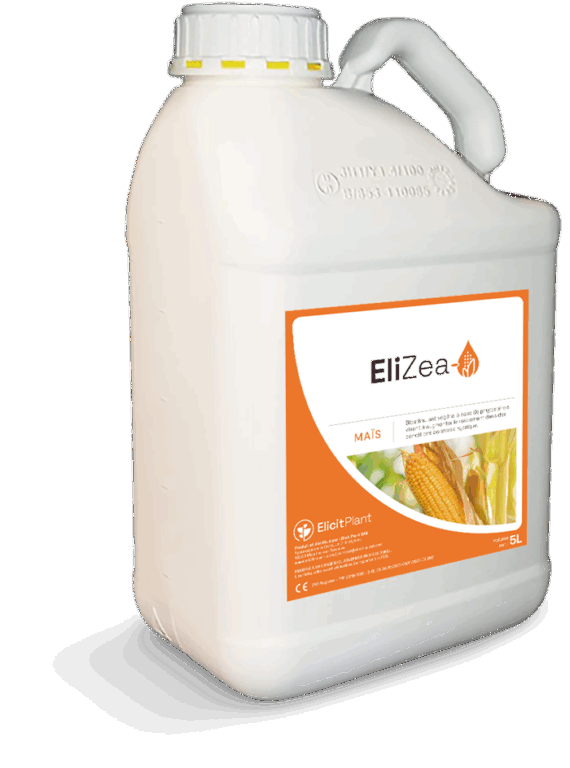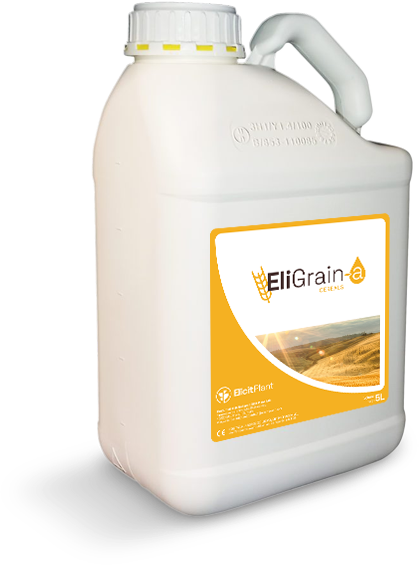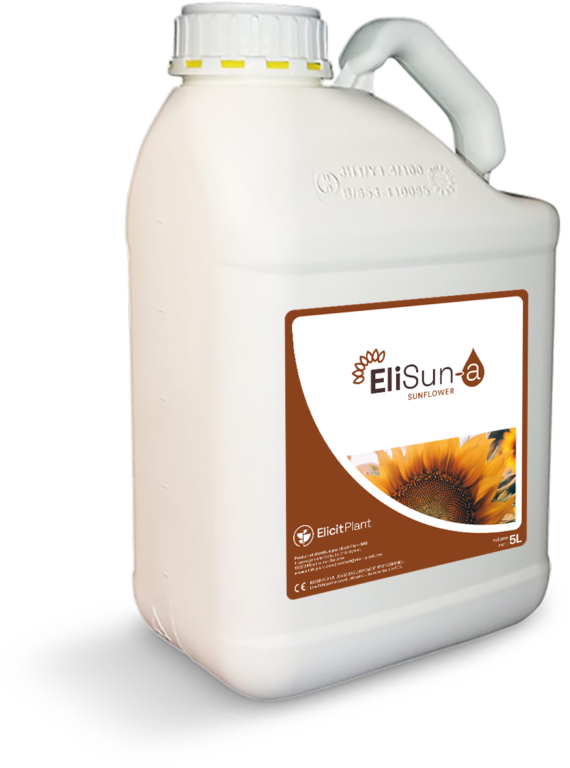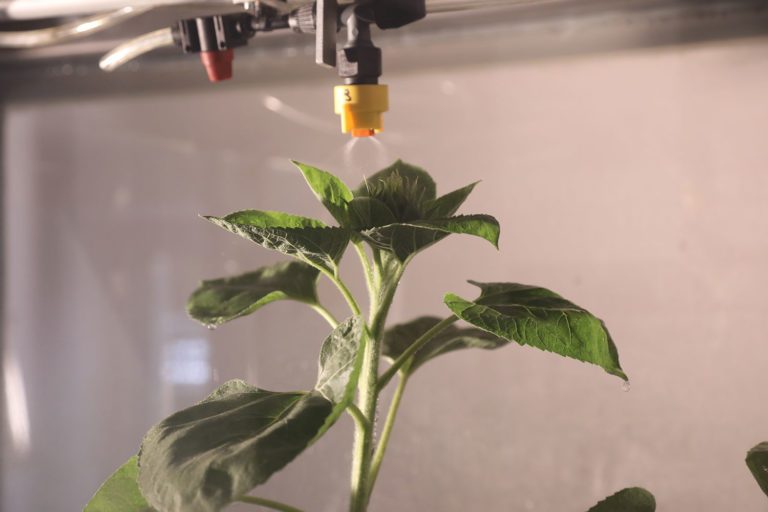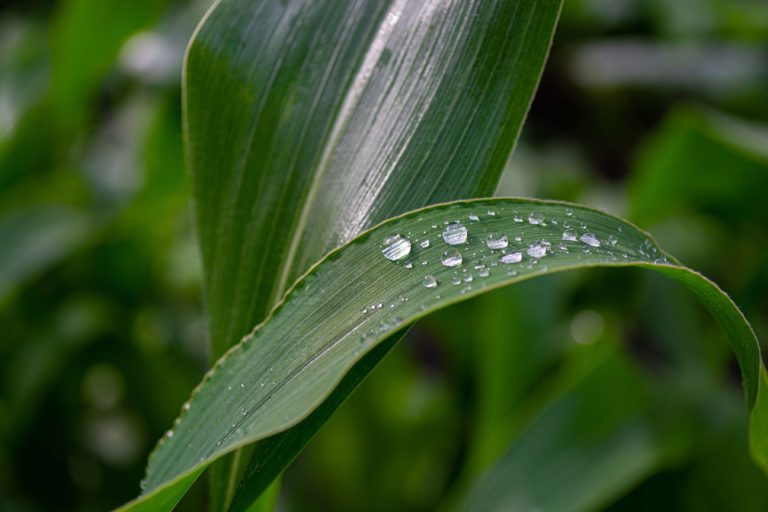As water becomes increasingly scarce, global agriculture must rethink its balance. Today, almost 40% of cultivated land faces water stress, driven by climate change and declining soil health. To meet this challenge, new solutions are emerging – such as the technologies developed by Elicit Plant, which help crops enhance their natural ability to manage water more efficiently.
Growing pressure on water resources
Agriculture accounts for about 70% of the world’s freshwater withdrawals. Yet this resource is increasingly constrained: drought episodes are becoming more frequent, groundwater reserves are replenishing more slowly, and competition between uses is intensifying.
Added to this is soil degradation, which reduces the soil’s capacity to store and release water. Less organic matter and more erosion mean a lower available water reserve, making crops more vulnerable to even slight water deficits.
According to FAO and IPCC estimates, nearly 40% of agricultural land worldwide already experiences varying degrees of water stress – a phenomenon expected to intensify in the coming decades.
Visible effects on crops
When water becomes scarce, plants naturally adapt their functioning to cope with water stress. Their metabolism reorganizes: growth slows down, internal resources are redistributed, and essential organs are prioritized.
This adaptive capacity has its limits, but it demonstrates a fundamental principle: plants can regulate their own water use to preserve themselves.
It is precisely this mechanism that underpins new agronomic approaches.
At Elicit Plant, research has led to the development of a unique phytosterol-based technology that proactively stimulates this physiological response.
Applied before critical growth stages, it helps plants optimize the use of available water and maintain yield potential, even under challenging climatic conditions.
Adaptation at multiple levels
Addressing water stress requires action on agricultural practices, water management, and plant physiology.
At the soil level, conservation and regeneration practices improve moisture retention and availability. Agronomically, precision irrigation and optimized input planning have become essential tools for efficiency.
Yet beyond these external strategies, the key lies in plants’ intrinsic capacity to manage their own water consumption.
This is exactly where Elicit Plant focuses its research. By acting at the core of physiological mechanisms, its phytosterol-based solutions strengthen the resilience of broad-acre crops against drought episodes.
This preventive approach, complementary to existing practices, helps plants preserve their internal water balance and sustain yield potential despite increasing climatic variability.
Anticipating to produce better
Water stress is no longer an occasional risk – it has become a lasting component of agricultural climates. The challenge is not only to react, but to anticipate. Preparing plants to use water more efficiently, strengthening their adaptive capacity, and securing yields are now key priorities for resilient and sustainable agriculture.
This is the purpose of Elicit Plant’s technology: helping broad-acre crops better manage their water use while maintaining their production potential. An approach that redefines how water management in agriculture is conceived – in the service of long-term performance and sustainability.




